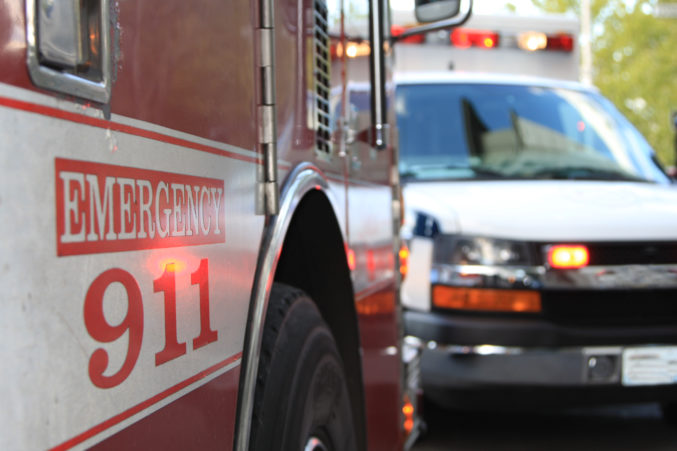Parkland Center for Clinical Innovation developed a model that has helped avoid more than 2,000 adverse drug events at Parkland Hospital and saved $17 million via a reduction of re-admissions and eliminating these events.
The program is called Patients at Risk for Adverse Drug Events, which targets ADEs that plague more than 450,000 patients nationwide, accounting for $4 billion in extra hospital costs each year. The program screens adult patients when they are hospitalized and flags those who are at risk of an ADE by analyzing the patient’s medical history, demographics, and social determination of health. The program then provides real time information to guide pharmacist interventions.
PCCI is no stranger to leveraging big data in order to prevent costly medical treatment at Parkland, and have cost-saving programs that target children with asthma and high-risk pregnant women recently. For a safety net hospital like Parkland, most patients represent a cost rather than profit, so innovations that prevent longer stays or costly treatment are important parts of public hospital financing.
In two years, the program screened more than 87,000 patients, about 10 percent of which were high risk. Of those, 16 percent received pharmacy intervention, preventing 2,000 ADEs. For those receiving a consult, the 30-day readmission rate was cut by 23.5 percent. Because of the success of the program, Parkland us using the tool to help pharmacists identify and prevent ADEs.
“Close collaboration with Parkland’s front-line pharmacy team from idea to implementation has been critical for the success of PARADE,” said Dr. Manjula Julka, PCCI’s Vice President of Clinical Innovation via release. “PARADE has proven to improve quality of care by helping the pharmacy team to identify and intervene with high risk patients within 24 to 48 hours of admission. Upwards of 50 percent of ADEs are detectable and preventable and PARADE gives us a potent tool to help hospitals stay ahead of a difficult problem that causes longer stays and drives significant costs for hospitals.”





